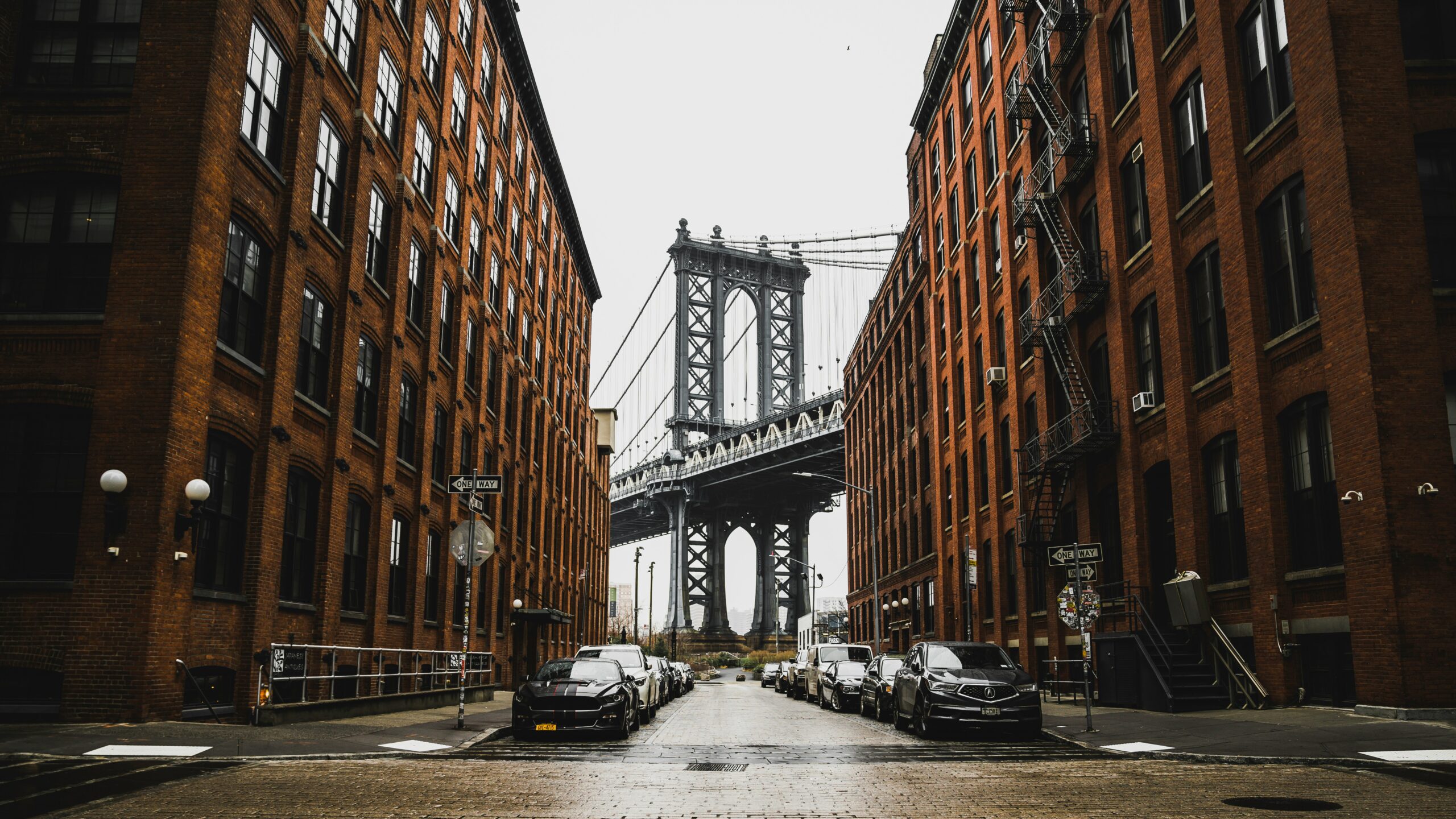The Manhattan congestion charge, planned for activation in late June this year, has been axed. New York State Governor Kathy Hochul announced the “indefinite suspension” of the controversial charge, which was modeled after similar low-emission zones in London, Stockholm, and Singapore.
“I’ve made a tough decision: implementing the traffic tax puts too much at risk for New Yorkers right now,” said Governor Hochul. “That’s why I’ve asked the MTA to suspend the program indefinitely.” The governor cited the high cost of living and inflationary pressures in New York City as key reasons for halting the project.
Unfair impact on poorer drivers
The charge faced strong opposition from various quarters, including administrative appeals from cab and ride-hailing associations and the neighboring state of New Jersey. Sceptics argued that it would disproportionately impact poorer drivers. The cab drivers’ union estimated that its members could lose up to $8,000 (€7,350) annually due to the charge.
The proposed $15 (€13,7) toll per entry aimed to alleviate traffic congestion and improve air quality in downtown Manhattan while also generating funds to support the city’s struggling subway system, which serves millions of daily commuters. It was approved in March. The charge adopted exemptions and discounts for the most disadvantaged New Yorkers and frequent travelers.
‘Dire questions’
The charge would have affected nearly 700,000 vehicles traveling at an average 11 kph speed in the proposed toll zone from 60th Street to Lower Manhattan. The Manhattan Borough President Mark Levine reacted disappointedly: “We have paralyzing levels of traffic in midtown and downtown. This is slowing emergency response times, harming the climate, and serving as an enormous drag on our economy. (…) Today’s news leaves us with dire questions about how we will address these crises.”
The idea of a congestion charge in New York is long-lived and originated in 2007 under then-Mayor Michael Bloomberg. Whether it will be revived later is likely an election issue. Several American media outlets believe that Hochul made the decision out of fear of losing important votes for the Democratic Party in the House of Representatives. America goes to the polls in November.




Comments
Ready to join the conversation?
You must be an active subscriber to leave a comment.
Subscribe Today